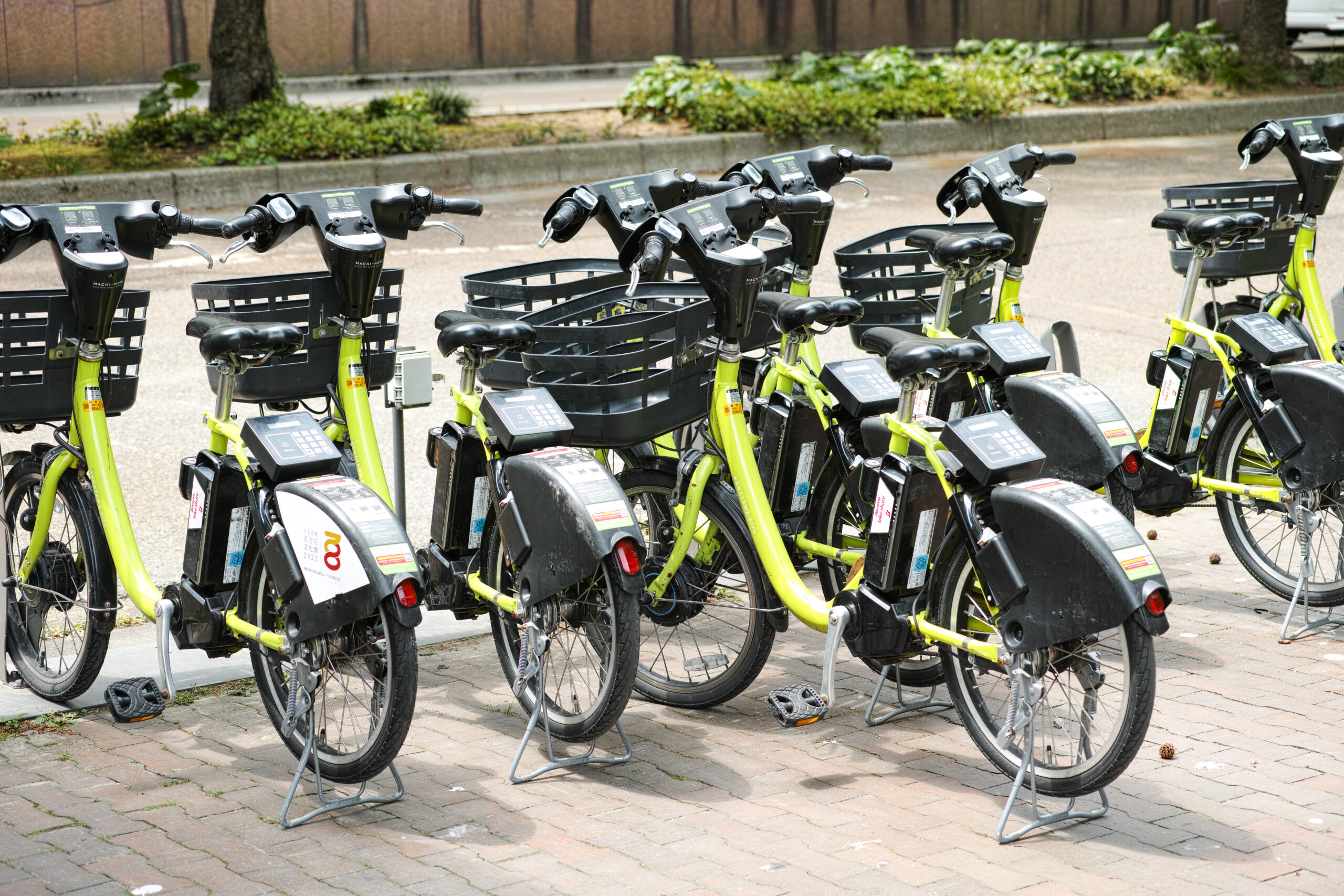Travel Tips

Weather
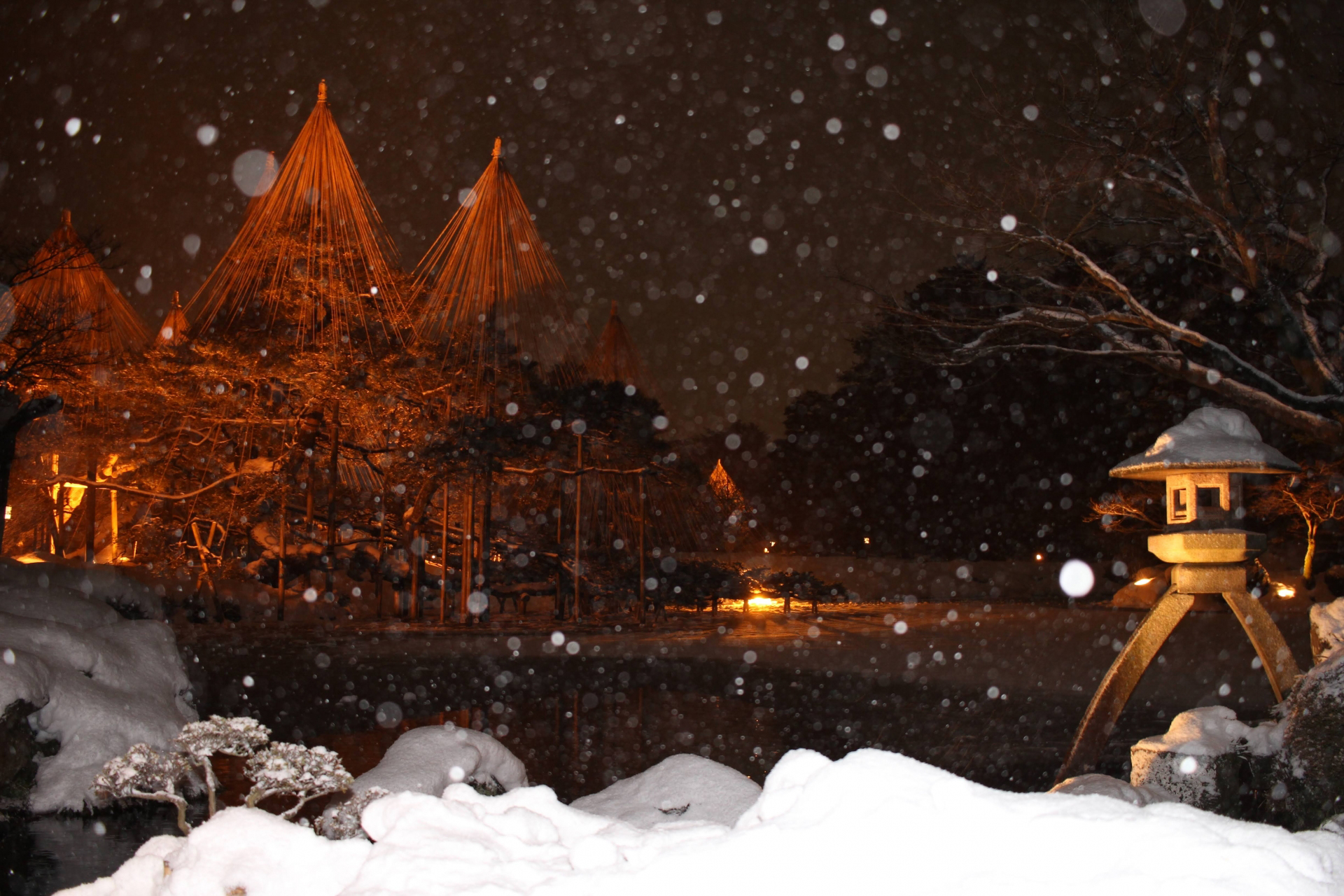
Like much of Japan, Ishikawa’s weather is at its most pleasant in spring and autumn, with mild temperatures and clear skies. Long sleeves and a jacket are usually enough from March to May, and from September to November.
The rainy season tends to arrive in June or so, and heavy rains continue on and off through August or September, sometimes very suddenly — there’s a local saying that it’s “better to forget your lunch than to forget your umbrella.” Sunny summer days tend to be very hot and often fairly humid, like much of Japan, so don’t hesitate to use your umbrella for some much-needed shade, too.
Winter in Ishikawa tends to be very snowy, with the cold arriving in earnest around the end of November or in early December, and continuing through to March or so. It’s a good idea to bring waterproof boots in winter, and it can’t hurt to have an umbrella with you for rainy days. The weather can be a bit unpleasant at times, but many find that the beautiful snowy scenery and incredible food more than make up for it!
Money
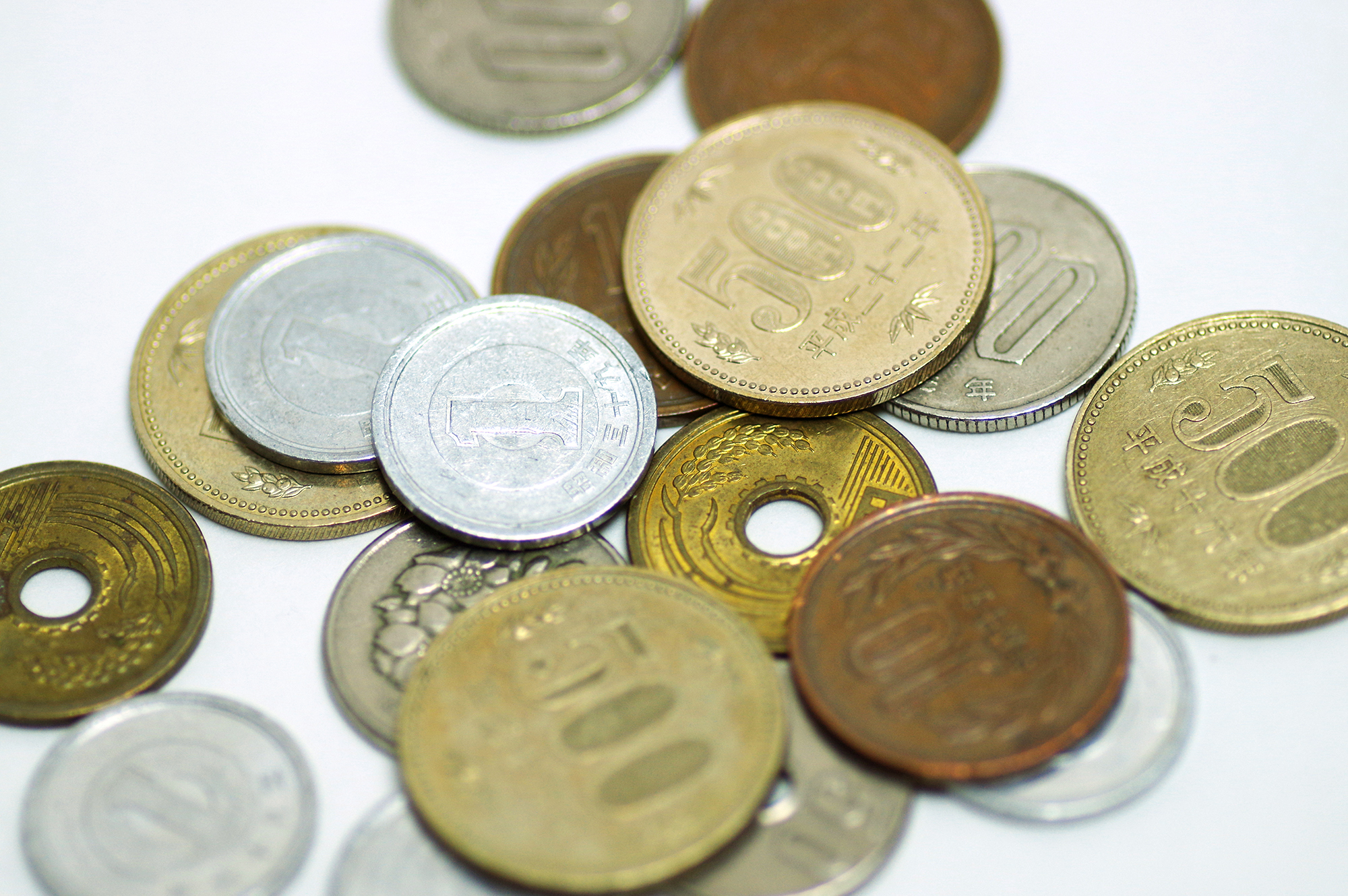
People planning a visit to Japan are often told is that Japan is a cash-based society, but a lot has changed in recent years. Naturally, cash is still accepted virtually everywhere, but nowadays very few businesses are cash-only, and some even accept international smartphone-based payment methods like Apple Pay or Alipay. As a general guideline, Visa and Mastercard are the most broadly accepted credit cards in Japan, and credit card payments are accepted at virtually all chain stores and chain restaurants. However, smaller non-chain restaurants in particular are much more likely to be cash-only.
The easiest way to get cash in Japan is to use a Japan Post Bank ATM at any post office (note that these ATMs are generally not open 24 hours), or an ATM at a 7-Eleven convenience store. Broadly speaking, if your foreign-country ATM card has a Visa or Mastercard logo on it, you can safely expect it to work with either of these two types of ATMs. There are also automated currency exchange machines that accept foreign cash in Ishikawa, and major branches of banks may offer currency exchange services.
If you plan on riding public transit while in Japan, it can be convenient to buy a transit card like Suica or ICOCA at a major JR station, especially because they can be used nationwide on most trains and buses (including many in Ishikawa). The prepaid balance on these cards is accepted as payment by many businesses, especially convenience stores, and cash can be charged to them at many train stations or at convenience stores. iPhone users can easily create a virtual transit card within the Wallet app, and charge money to it using Apple Pay. Android users may also be able to create a virtual transit card, but availability varies by smartphone model, carrier, and region.
Free Wi-Fi
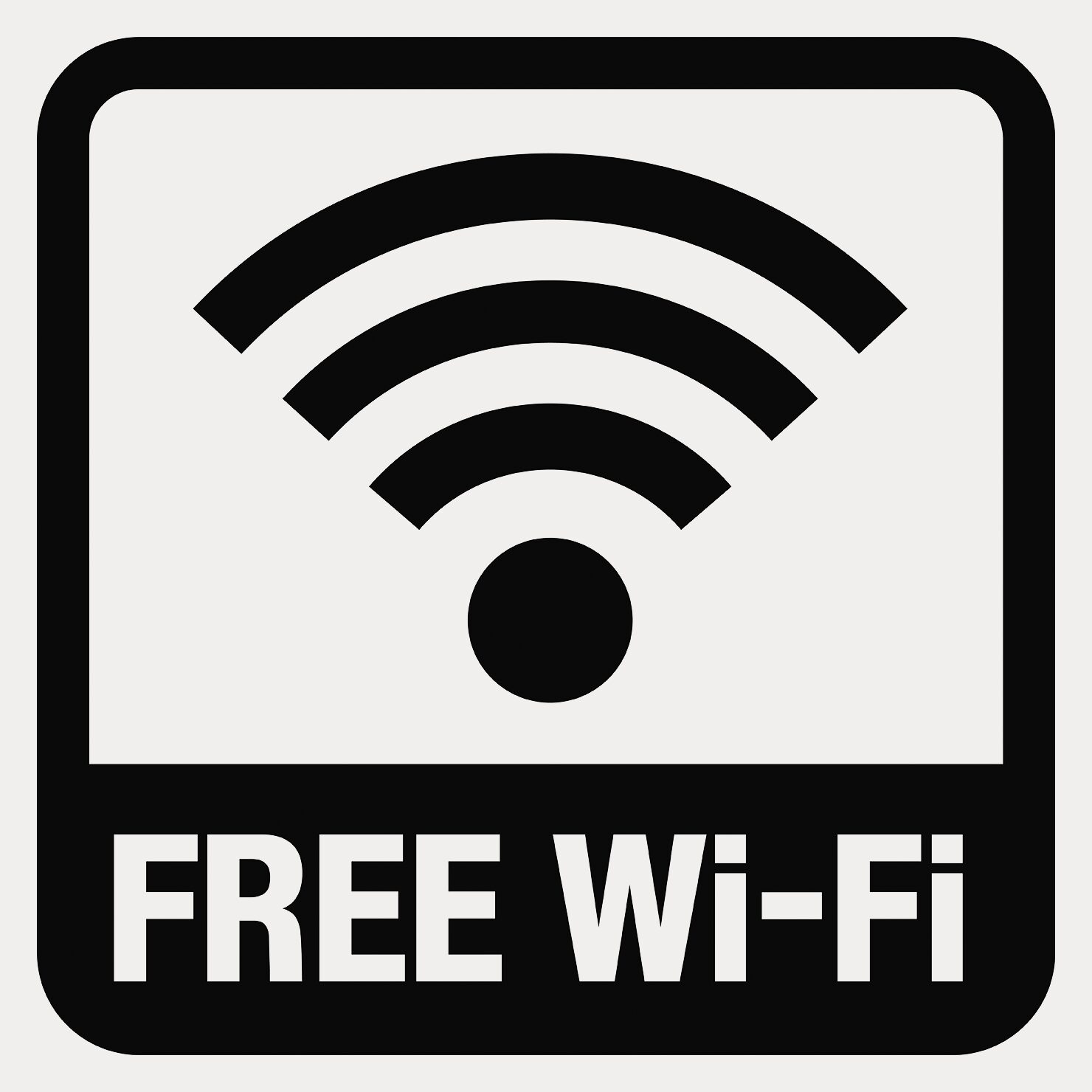
Many places in Ishikawa offer Wi-Fi internet access free of charge, including sightseeing destinations, shopping malls, hotels, ryokan inns, and train stations. Some of the most common providers include Japan Free Wi-Fi, Freespot, and Town Wi-Fi. In some cases, you may have to install an app or sign up with your email address.
Tax-free Shopping
Japan offers tax-free shopping for foreign visitors on some categories of products, allowing visitors to save on the usual 10% consumption tax. Look for a “Tax Free” sign by the entrance to know which businesses offer tax-free shopping: these can be anything from large department stores to drug stores, and there are plenty of places in Ishikawa that offer tax-free shopping. Show your passport when you make your purchase to either receive a tax discount immediately, or to receive the paperwork necessary to get a tax refund when you leave the country.
A few important things to know about tax-free shopping in Japan: first, tax-free shopping is divided into “consumable” and “non-consumable” items. Consumable items are things like food, drinks, medicine, and cosmetics. For tax-free shopping purposes, you are not allowed to open tax-free consumable items before you leave Japan, and if you do, you may have to pay for consumption tax at the airport.Non-consumable items are essentially everything else: cameras, teapots, clothing, rice cookers, and most other things.
Tax-free shopping must be at least ¥5,000 total before tax (¥5,500 including tax), in a single purchase, and this minimum counts separately for each category — so even if you spend ¥7,000 in one purchase at a department store, buying ¥4,000 worth of (consumable) candy and a ¥3,000 (non-consumable) smartphone case, this purchase won’t be eligible for tax-free shopping, because both categories are still below the minimum. This also means that a single purchase at a store may be only partially tax-free, if only one category reaches the minimum amount.
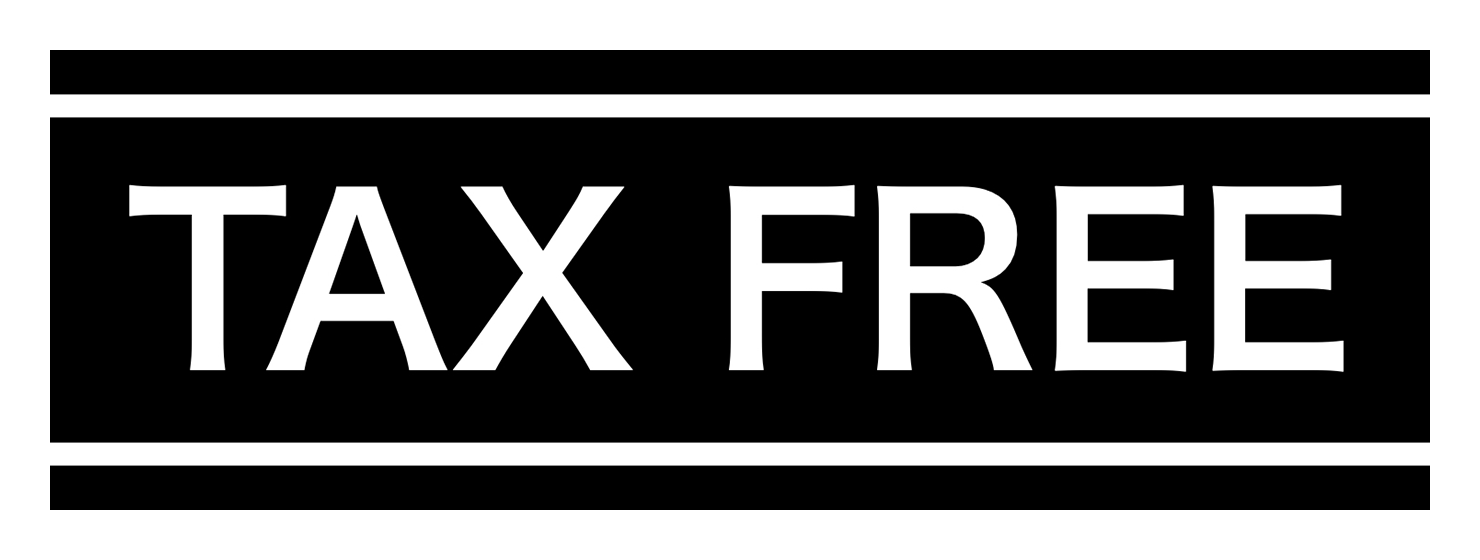
Storing and Shipping Luggage
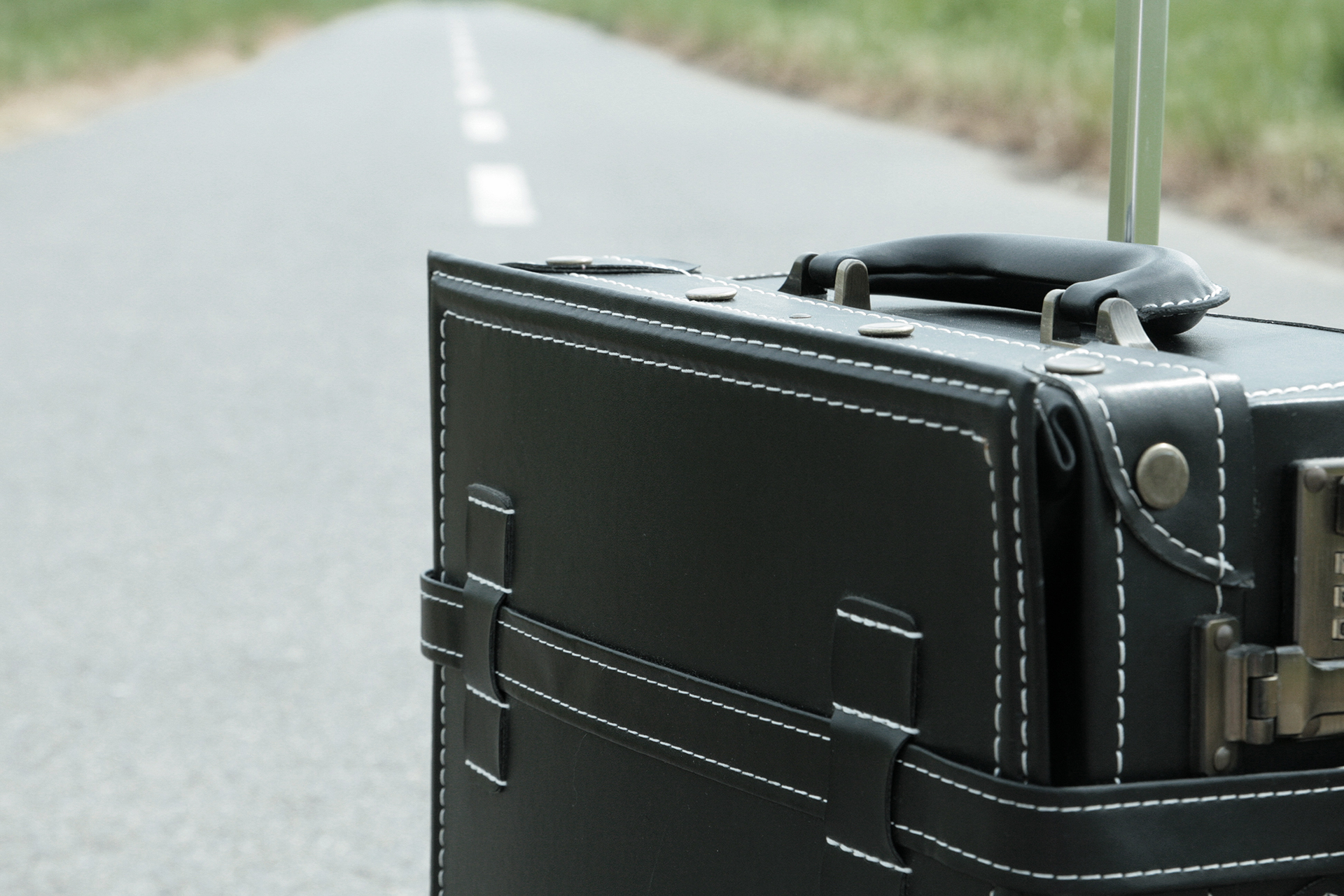
Many train stations and bus terminals have coin-operated lockers where you can keep things like backpacks, suitcases, or shopping bags for a few hours. Kanazawa Station also has a few luggage check counters where you can pay a fee for them to hold on to your items. Additionally, some hotels in Kanazawa especially also offer luggage delivery services to Kanazawa Station (https://www.machi-nori.jp/en/service/tebura/) on your departure day, for an even more convenient way to deal with luggage on your way out of town.
If you have large luggage with you, it may be worth considering using the Kuroneko Yamato flat-fee luggage shipping service. This generally takes a day to arrive, so make sure to send your luggage out at least one full day before you’ll need it again, but for a few thousand yen you can send a large suitcase to your hotel in the next city you plan to visit, or to the airport. You can ship luggage from many convenience stores (look for the black and yellow logo with a cat carrying a kitten by the entrance) or from a Kuroneko Yamato shipping center. Depending on the staff, you may need some amount of Japanese language ability to use this option, so you might need to ask for help from someone who speaks Japanese, or use a translation app.
